
5 Ways Business Intelligence Can Boost Your Social Media Marketing
Mar 11, 2025 4 Min Read 2633 Views
(Last Updated)
The world is in our hands now. You can learn, interact, teach, and even connect with anyone, anything, anywhere in the world with the smartphone that you have in your hands 24/7.
Since this is the case, businesses can flourish to a great extent as they can now interact with the audience within a fraction of a second using Social Media. That is why, Digital Marketing is becoming a well-renowned profession and businesses are looking to engage with it.
However, simply having a presence on social media is no longer enough. To truly stand out and achieve measurable success, you need to leverage data-driven insights.
To do so effectively, you have to combine business intelligence with Social Media Marketing. That is what you’ll be learning in this article.
So, without further ado, let us know how business intelligence can boost your Social Media Marketing.
Table of contents
- 5 Ways Business Intelligence Can Boost Your Social Media Marketing
- Understanding Your Audience Better
- Enhancing Content Strategy
- Monitoring Competitor Performance
- Measuring Campaign Effectiveness
- Improving Customer Engagement
- Conclusion
- FAQs
- What types of content should I focus on according to Business Intelligence insights?
- What strategies can Business Intelligence suggest to improve customer engagement on social media?
5 Ways Business Intelligence Can Boost Your Social Media Marketing
In today’s digital age, social media has become a necessary tool for businesses looking to engage with their audience, build brand awareness, and drive sales.
This is where Business Intelligence (BI) comes into play. By utilizing the power of BI, you can turn raw data into actionable insights, optimizing your social media marketing efforts.
If you are someone who’s hearing Business Intelligence for the first time, consider enrolling in a professionally certified online Business Intelligence and Digital Marketing course offered by E&ICT, IIT-Kanpur that not only teaches you but also helps you gain practical experience with an industry-worthy certificate.
Also Read: Business Analyst – An Insight into Their Life
Let us now see the five ways Business Intelligence can boost your social media marketing.
1. Understanding Your Audience Better
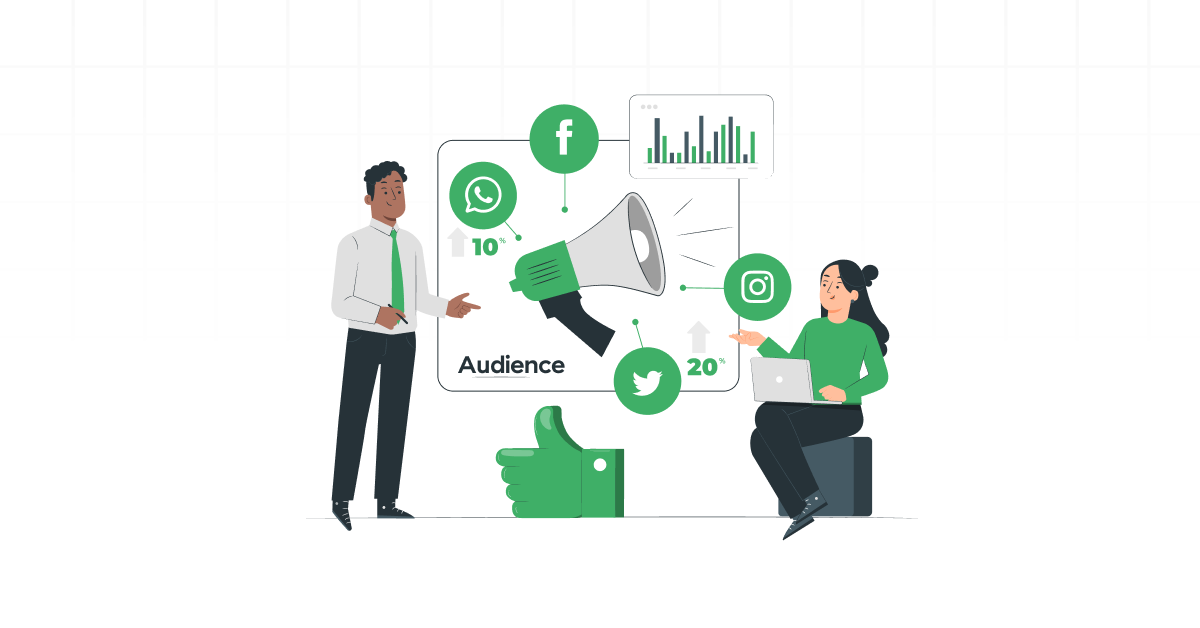
One of the primary benefits of BI in social media marketing is gaining a deeper understanding of your audience. Social media platforms generate vast amounts of data daily, including demographics, behaviors, and preferences.
BI tools can analyze this data to provide detailed insights into who your audience is, what they like, and how they interact with your content.
How This Helps You:
- Personalized Content: By understanding your audience’s interests and behaviors, you can create content that resonates with them. Personalized content tends to perform better, leading to higher engagement rates.
For example, if you discover that a significant portion of your audience is interested in eco-friendly products, you can tailor your content to highlight your brand’s sustainability efforts. - Targeted Campaigns: Knowing the demographics and preferences of your audience allows you to run more targeted ad campaigns. This ensures that your ads reach the right people, maximizing your return on investment (ROI).
For example, if you identify that your target audience is predominantly young adults, you can create ads that appeal specifically to their interests and lifestyles. - Improved Customer Experience: Understanding your audience helps in providing a more tailored customer experience. This can enhance customer satisfaction and loyalty, ultimately driving more conversions.
If you know that your audience prefers video content over text, you can prioritize video marketing to keep them engaged.
Know More: The History and Evolution of Digital Marketing
2. Enhancing Content Strategy
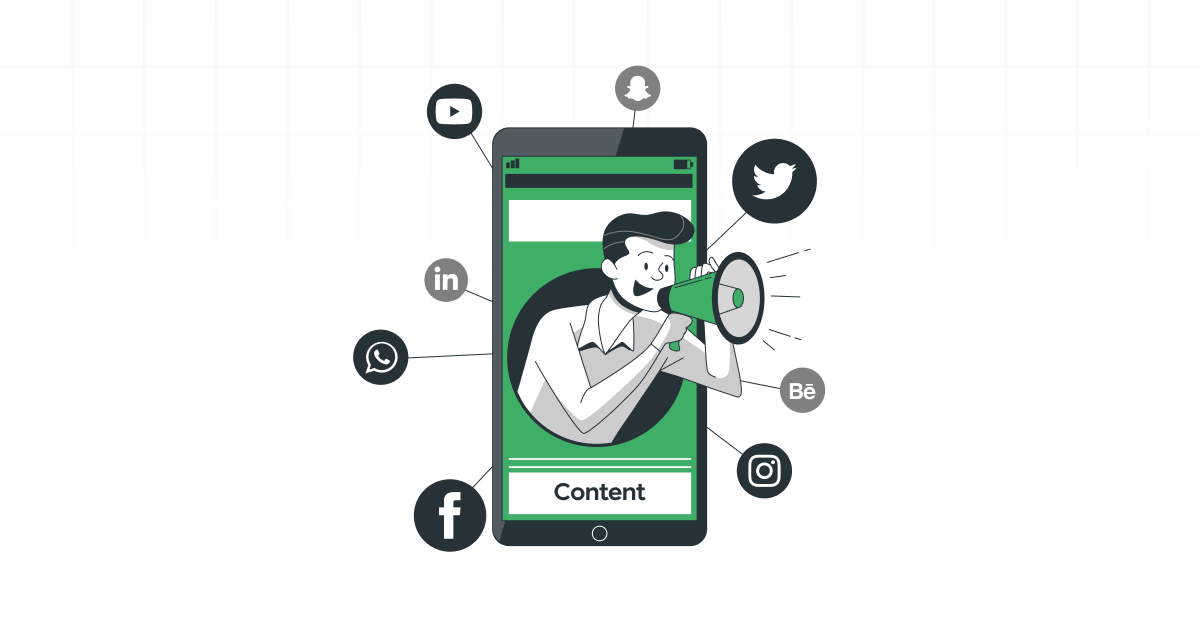
Content is king in social media marketing, but creating content that consistently engages your audience can be challenging.
BI tools can analyze past performance to identify what types of content work best for your audience.
How This Helps You:
- Identifying Trends: BI tools can help identify trends in your content’s performance. For example, you might discover that videos perform better than images or that certain topics generate more engagement. By understanding these trends, you can focus your efforts on creating content that is more likely to succeed.
- Optimizing Posting Schedules: By analyzing when your audience is most active, BI tools can help you optimize your posting schedule. Posting at the right time can significantly increase your content’s visibility and engagement.
For example, if your audience is most active in the evenings, scheduling your posts for this time can lead to higher interaction rates. - Content Gap Analysis: BI can highlight content gaps where your audience’s interests are not being met. This insight allows you to create new content that addresses these gaps, keeping your audience engaged and interested.
For example, if you find that your competitors are gaining traction with how-to guides and you don’t have similar content, you can start producing these guides to fill the gap.
Know More About What is Content Marketing?
3. Monitoring Competitor Performance
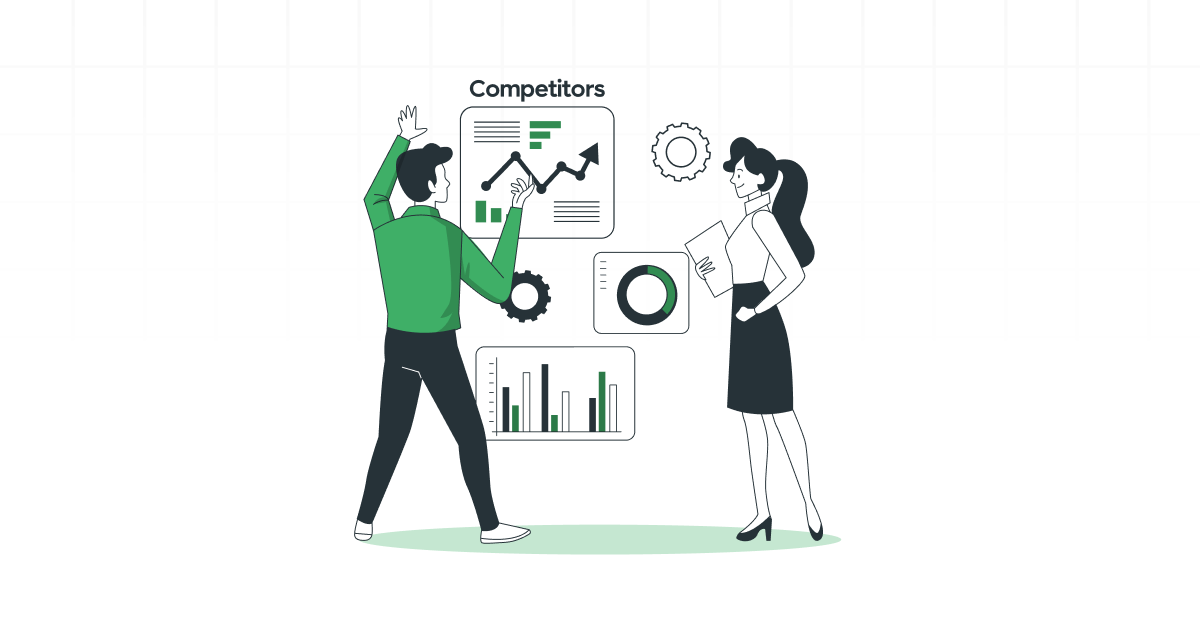
Keeping an eye on your competitors is very very important in the fast-paced world of social media.
BI tools can provide valuable insights into your competitors’ social media strategies, helping you understand what works and what doesn’t in your industry.
How This Helps You
- Benchmarking: By analyzing your competitors’ performance, you can benchmark your own efforts. This helps you set realistic goals and identify areas where you need to improve. For example, if a competitor’s engagement rate is higher, you can analyze their content to understand what they are doing differently.
- Identifying Opportunities: Competitor analysis can reveal opportunities that you might have missed. For example, if a competitor is performing well with a particular type of content or campaign, you might consider adopting a similar strategy.
- Staying Ahead: Understanding your competitors’ strategies allows you to stay one step ahead. You can innovate and refine your approach to offer something unique and more appealing to your audience.
Learn More: 32 Best SEO Tools For Digital Marketing
4. Measuring Campaign Effectiveness

Running social media campaigns without measuring their effectiveness is like driving with your eyes closed. BI tools provide the metrics and analytics needed to evaluate the success of your campaigns.
How This Helps You
- ROI Calculation: BI tools can help you calculate the ROI of your social media campaigns. By understanding which campaigns are driving the most value, you can allocate your budget more effectively. For example, if a particular ad campaign is generating a high ROI, you can invest more in similar campaigns.
- Performance Metrics: Key performance indicators (KPIs) such as engagement rate, click-through rate, and conversion rate can be tracked and analyzed using BI tools. These metrics provide a clear picture of your campaign’s performance. If you see a high click-through rate but low conversion, you can work on optimizing your landing pages.
- A/B Testing: BI tools facilitate A/B testing by analyzing the performance of different campaign variants. This helps you understand which version resonates more with your audience, allowing you to refine your strategy accordingly.
Also Explore: Top 15 B2B Digital Marketing Strategies [Updated]
5. Improving Customer Engagement
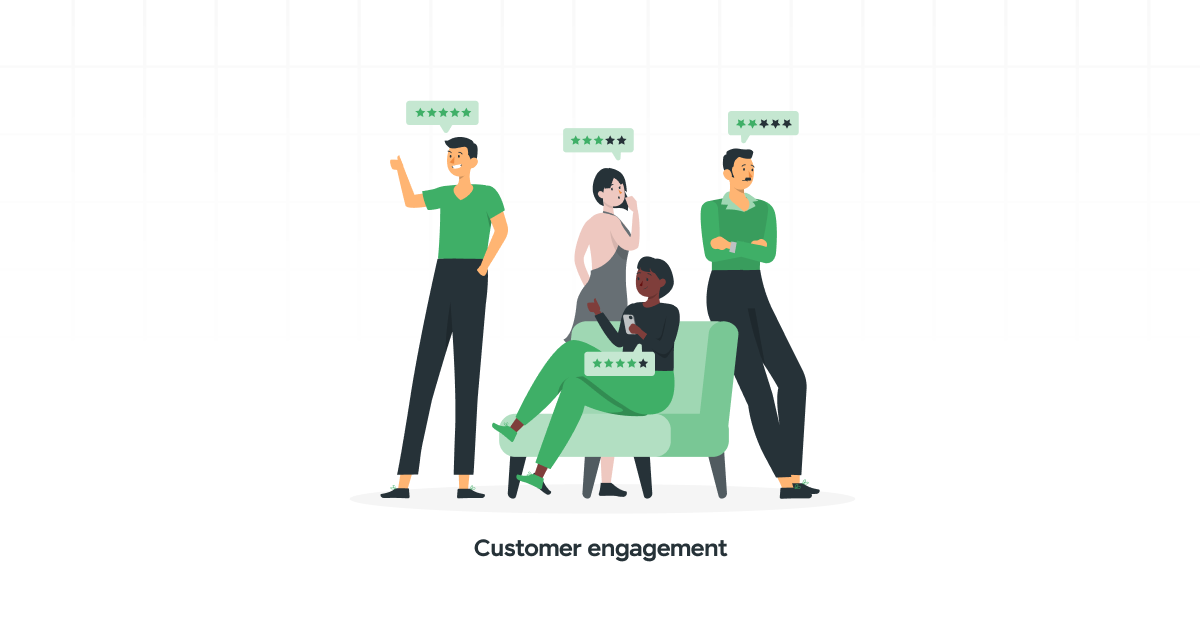
Engagement is a critical aspect of social media marketing. It’s not just about getting your audience to see your content; it’s about getting them to interact with it. BI can provide insights into how to boost engagement.
How This Helps You
- Engagement Metrics: BI tools can track engagement metrics such as likes, comments, shares, and mentions. Analyzing these metrics helps you understand what type of content drives the most interaction. For example, you might find that posts with user-generated content receive more likes and shares.
- Customer Sentiment Analysis: BI tools can perform sentiment analysis to gauge how your audience feels about your brand. Understanding customer sentiment allows you to address negative feedback and capitalize on positive interactions. If sentiment analysis shows a negative trend, you can take steps to rectify the issues and improve your brand image.
- Interactive Content: Insights from BI can help you create more interactive content, such as polls, quizzes, and live videos, which tend to generate higher engagement levels. For example, if your audience responds well to polls, you can incorporate more of them into your content strategy to keep engagement high.
If you want to learn more about Business Intelligence & Digital Marketing, consider enrolling in GUVI’s E&ICT, IIT Kanpur Business Intelligence & Digital Marketing Certification which not only teaches you the concepts but also helps you gain practical knowledge.
Also Read: 6 Reasons Business Analytics Makes Digital Marketing Powerful
Conclusion
In conclusion, incorporating Business Intelligence into your social media marketing strategy can transform the way you connect with your audience and measure success.
By understanding your audience better, enhancing your content strategy, monitoring competitor performance, measuring campaign effectiveness, and improving customer engagement, BI provides a comprehensive approach to optimizing your social media efforts.
As you embark on this journey, remember that the power of BI lies in its ability to turn data into actionable insights. The more you understand and use these data insights, the more effective and impactful your social media marketing will become.
Also Read: Top 15 Business Analyst Interview Questions With Answers
FAQs
Focus on content that trends well with your audience, like videos or popular topics, and optimize your posting schedule.
BI tracks engagement metrics, performs sentiment analysis, and guides the creation of interactive content.

























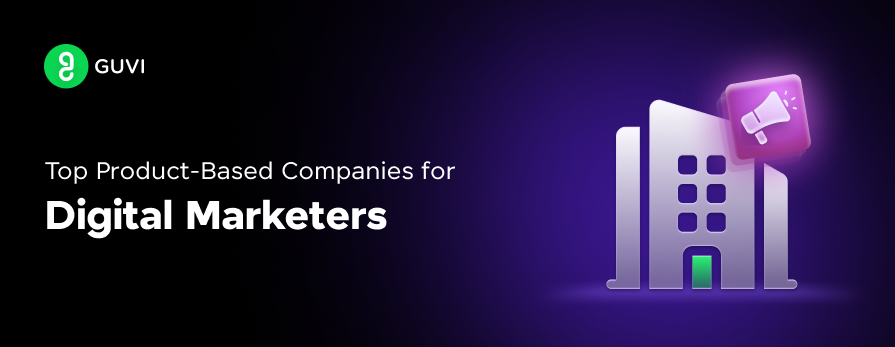




Did you enjoy this article?